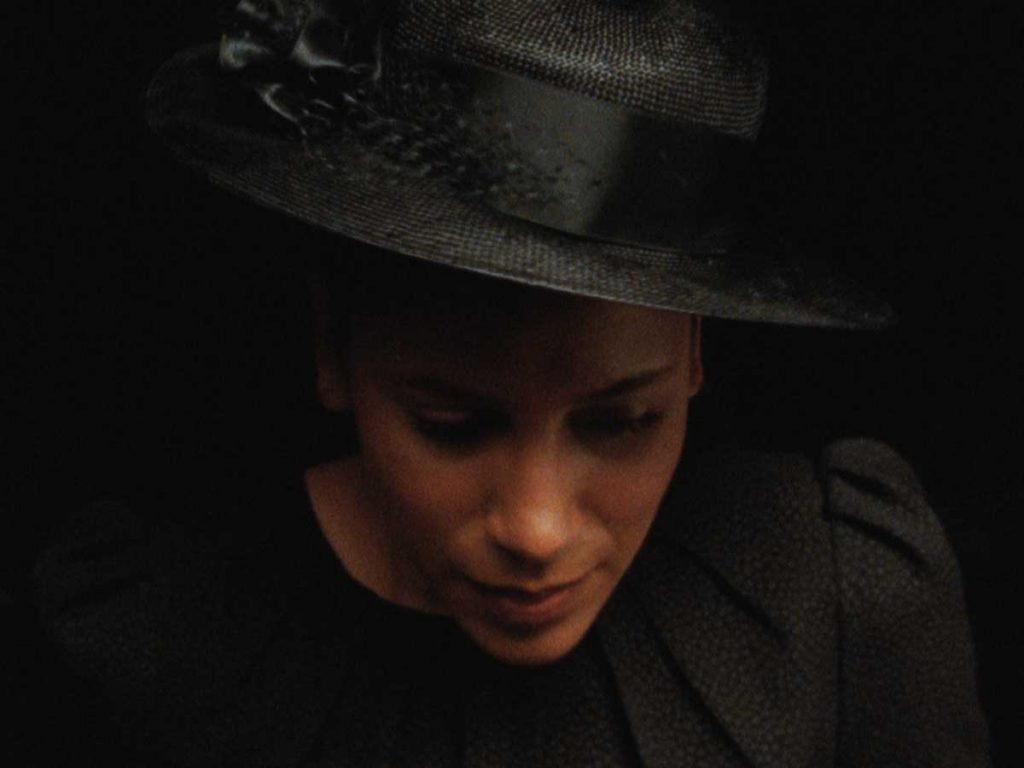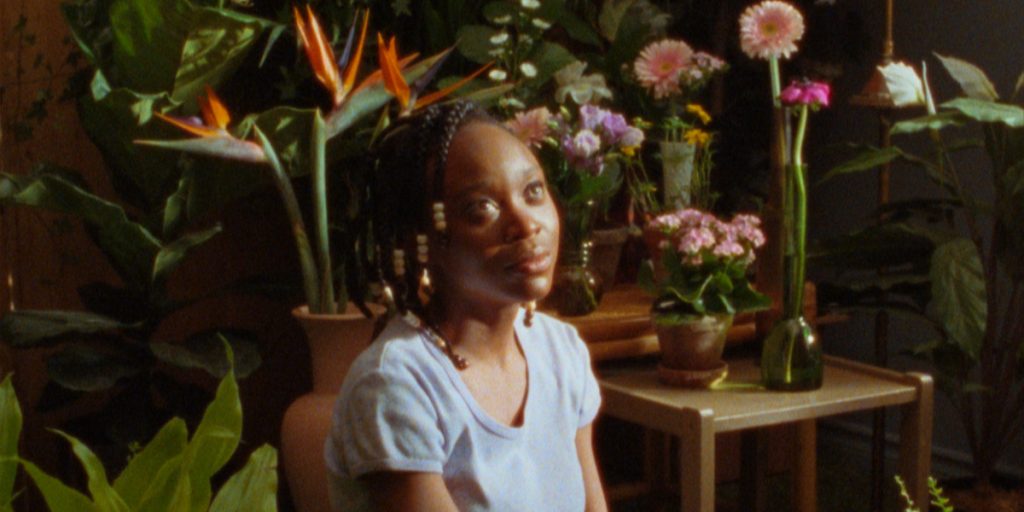Cette Maison, the debut feature from Miryam Charles, has poignant ideas that are, unfortunately, a tad too jumbled in their execution.
Miryam Charles’ Cette Maison (This House) is a film that feels as though it is simultaneously telling two stories: one of grief, in which a mother mourns the loss of her daughter, and another of nostalgia for the idea of ‘home’, be it a living space or a country. It’s loose with its chronology and challenging in its dialogue, in a manner that makes the end result jumbled and somewhat difficult to connect to.
Teenager Tessa (Schelby Jean-Baptiste) is found hanging in her bedroom in Bridgeport, Connecticut, but an autopsy reveals her death is the result of a murder, rather than a suicide. Her mother Valeska (Florence Blaine Mbaye) must move forward through this tremendous grief over the next ten years, whilst also coming to terms with the impact leaving Haiti has had on her and the relationship she has to her roots.
Jean-Baptiste’s Tessa is an unsettling presence throughout the whole film. At times it’s clear she’s something of a spirit: standing alongside her grieving family as her body lies covered in the mortician’s office, or watching over her mother as she undergoes a social welfare visit to see how she’s coping with the loss of her child. But other times it’s harder to distinguish whether the interactions taking place actually happened or not, if her presence as her ‘future’ self is merely there in place of a younger version in some sort of bizarre rumination on the life she’s missing out on.
In theory, it’s an interesting way of approaching a film about death, especially one of someone so young. By giving the deceased a chance to mourn their own loss, ponder what they might have done and express anger at the injustices and unfairness of their murder, the film can explore the intricacies of grief and mourning. But in reality, Cette Maison is a tad too jumbled, too wandering and unfocused at times, to portray this in a manner that audiences can fully connect to.

There are long stretches of the film dedicated to the scenery of Haiti, of silently exploring Valeska’s sense of disconnectedness towards her location. There’s hints of the impact colonisation has had, as well as how immigrants feel in a space that is never fully seen as ‘theirs’, but it doesn’t gel with the concurrent plot threads of Tessa’s murder in a way that feels like one cohesive whole. It’s almost as though there are two interesting ideas interwoven into one film in a way that does a disservice to both, because they each end up feeling as though there’s something missing.
Charles’ film is certainly atmospheric, with delicate performances that make an impact even if the film itself doesn’t fully do so. It’s frustrating because the film feels like it’s on the cusp of being profound, but loses its focus a few too many times to keep that momentum going.
Cette Maison had its World Premiere at the 2022 Berlin Film Festival on February 13, 2022.

